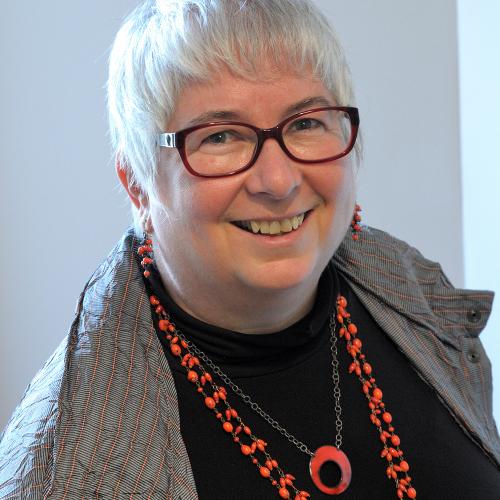Lori Kendall, GSLIS associate professor, recently gave an invited lecture in the Marshall McLuhan Lecture Series at the National Communication Association (NCA) 100th Annual Convention. NCA is dedicated to fostering and promoting free and ethical communication, focusing on how people use messages to generate meanings within and across various contexts, cultures, channels, and media.
Kendall’s lecture, delivered on November 21 in Chicago, was titled “The Pasts, Presents, and Futures of Internet Research.” As the current president of the Association of Internet Researchers (AoIR), she reflected on directions in cultural and social research on the Internet and related technologies:
In this talk, I discuss some previous assessments of Internet research. Next I talk about areas in Internet research that are currently overdone or underdone. I call for greater attention to issues of power, especially related to race and racism. I suggest we need fewer studies of users and more studies of designers, fewer studies of content and more studies of code. I also suggest ways in which greater attention to humanities research and art projects related to Internet technologies can inform and enrich other forms of Internet research. Finally, I suggest that for the shifts in direction that I suggest in Internet research to occur, we need to provide better support for interdisciplinarity in academia.
Kendall is an expert in personal archiving, online community and identity, social aspects of computing, research methodology, and gender and technology. She currently teaches LIS/INFO 202: Social Aspects of Information Technology. In 2010, she was named GSLIS Centennial Scholar in recognition of her outstanding accomplishments in the field of library and information science.
